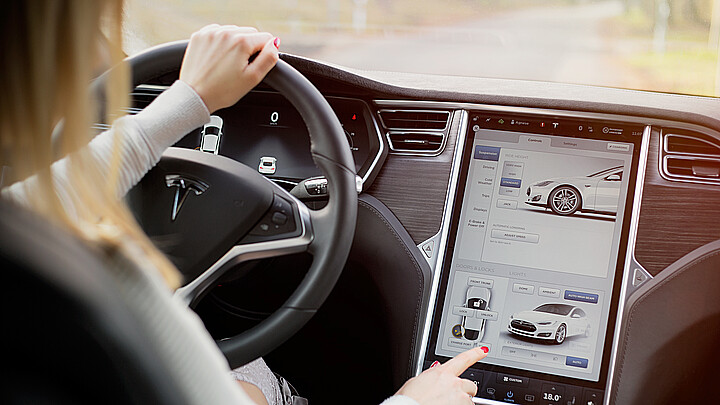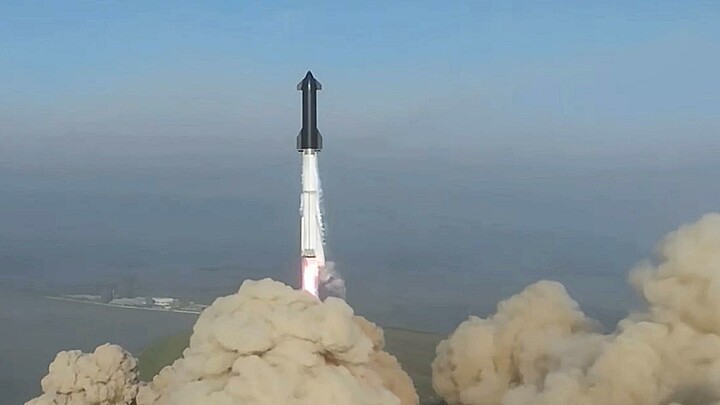Technology
Tesla's autopilot systems accounts for most driver-assist crashes, report says
Out of 392 incidents reported, vehicles using the company’s autopilot software have crashed 273 times
June 16, 2022 8:55am
Updated: June 16, 2022 9:33am
Tesla accounts for 70% of vehicular crashes involving driver assistance systems, according to data published by the National Highway Traffic Safety Administration (NHTSA) on Wednesday.
Out of 392 incidents reported, vehicles using the company’s autopilot software have crashed 273 times since June of last year, the agency reported. Furthermore, the data indicated that five out of the six fatalities in crashes that involved driver-assistance systems were tied to Tesla vehicles.
Tesla’s autopilot system allows drivers to cede physical control of their electric vehicles. However, they are still supposed always to pay attention to their surroundings.
When equipped with the autopilot system, cars can maintain a certain speed, stay within their lanes, and keep a safe distance between vehicles. The cars can even change lanes on their own on highways.
The electric car company is now testing “Full Self-Driving,” through which the cars can maneuver city streets and stop at traffic lights.
However, transportation experts have raised concerns about the new automated technology. In an attempt to determine whether the technology is safe, a federal order was passed last summer requiring car manufacturers to report crashes involving vehicles with driver assistance.
“These technologies hold great promise to improve safety, but we need to understand how these vehicles are performing in real-world situations,” said NHTSA’s administrator, Steven Cliff.
Tesla claims that its autopilot is safer than normal driving and promises that its technology can “reduce the frequency and severity of traffic crashes and save thousands of lives each year.”
NHTSA said that while the data can shed some light and identify trends of self-driving cars, the data is incomplete and cannot be used to assess whether they are safe or not.
“I would advise caution before attempting to draw conclusions based only on the data that we’re releasing. In fact, the data alone may raise more questions than they answer,” Cliff added.
The data, for example, does not take into context factors such as the number of automated vehicles that Tesla has made compared to other car manufacturers. The company currently has about 830,000 cars using the systems on the road.
Tesla also uses telematics to monitor its vehicles and therefore get real-time reports of crashes, something that other brands do not have, delaying their time to report incidents.
"This will help our investigators quickly identify potential defect trends that can emerge," Cliff said. "These data will also help us identify crashes that we want to investigate and provide more information about how people in other vehicles interact with the vehicles."









